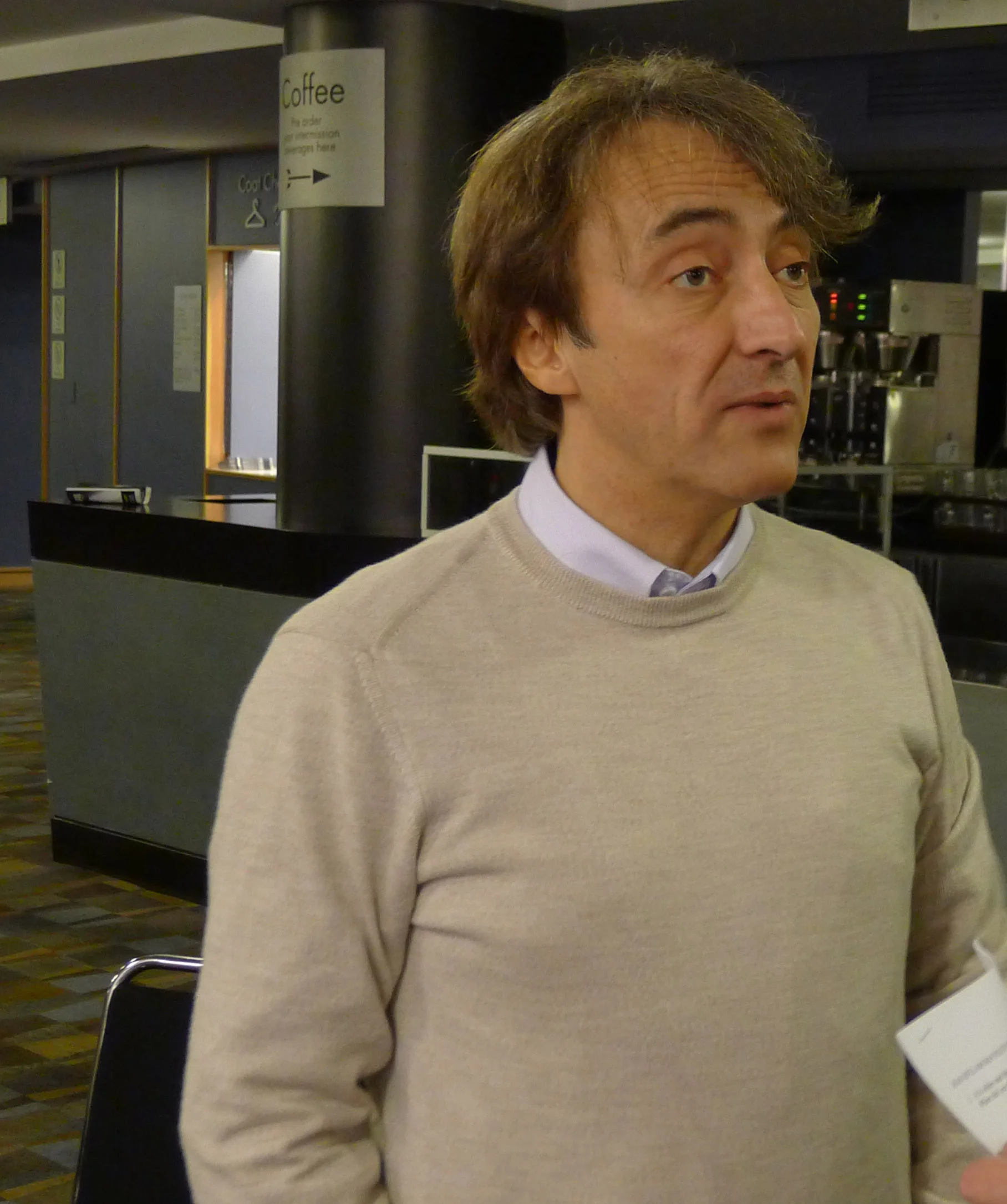JEAN EFFLAM BAVOUZET: A MINI-INTERVIEW
Over the past five years, Jean Efflam Bavouzet has become one of the most visible and important pianists in the world. Winning the ICMA Artist-of-the-Year award in 2012, and receiving several prestigious Gramophone magazine awards at the same time, he has recorded a much praised set of Debussy’s complete piano music (itself receiving 12 separate awards), an equally lauded account of the Ravel concertos, and continues ongoing cycles of the piano sonatas of Beethoven and Haydn. He was originally a student of Pierre Sancan at the Paris Conservatoire. We were able to catch up with him for a few questions after his Vancouver concert of November 19th.
Jean Efflam Bavouzet
1. MUCH HAS BEEN SAID ABOUT YOUR ASSOCIATION WITH THE LEGENDARY CONDUCTOR SIR GEORG SOLTI IN THE MID-1990’S. HOW EXACTLY DID HE HELP YOU IN YOUR CAREER?
We met in 1995, and we talked much about Bartok, which I played for him. Then, we moved on to other composers: Beethoven, Liszt, Wagner, Chopin and, yes, a lot of Mozart too. He actually invited me to play Bartok’s Third Piano Concerto with him in 1997. But unfortunately the maestro died in that year, and I gave the concert with Pierre Boulez conducting instead. But my career took off from there, thanks to him.
2. THE FRESHNESS, TONAL BEAUTY, AND INSIGHT OF YOUR DEBUSSY PERFORMANCES HAVE BEEN PRAISED BY VIRTUALLY ALL CRITICS. WHERE DID THESE UNIQUE INTERPRETATIONS COME FROM? DID THEY GRADUALLY EVOLVE OVER TIME FROM SOMETHING ELSE?
You know, the fact is that I was not interested in sound production during my study as a young pianist. I was not interested in beautiful sound at all. I was actually not interested in Debussy at all. I played some of his music, but not very well. It was only very much later -- in my mid-thirties -- that I really fell in love with the music of this composer. So it’s a long, long process of maturation.
3. SO WHAT WERE YOU INTERESTED IN WHEN YOU WERE YOUNG?
Much Beethoven and much Bartok!
4. DO YOU SEE A LINK BETWEEN YOURSELF AND THE TRADITION OF EARLIER FRENCH PIANISTS WHO PLAYED BEETHOVEN, SUCH AS ROBERT CASADESUS AND YVES NAT?
Ravel liked Casadesus a lot, but it interesting that you would mention Yves Nat. I am in fact his musical grandson because my teacher, Pierre Sancan, was the last student of Yves Nat and I was the last student of Pierre Sancan!
5. NOT MANY PIANISTS HAVE BEEN SPECIALISTS IN BOTH THE MODERN FRENCH MASTERS AND BEETHOVEN. INTERESTINGLY, WHEN YOU PLAY THEM, THE GAP SOMEHOW SEEMS SMALLER. YOUR BEETHOVEN SEEMS TO HAVE MORE SENSUALITY AND TONAL EXPRESSION THAN USUAL WHILE YOUR RAVEL AND DEBUSSY OFTEN HAS MORE CLARITY AND PRECISION THAN TRADITIONALLY. ARE YOU CONSCIOUS OF THIS?
Well, I always try to be as close as possible to the style of any composer. I think one of the most important things as an interpreter is to understand the style of the composer. But you cannot get away from your flesh, from your sound, from your background, and you cannot do anything against your nature! I can only try to be as transparent and faithful as possible when I play any composer.
6. MANY OF US ARE WAITING FOR YOU TO PLAY OTHER FRENCH PIANO MUSIC. DO YOU HAVE A STRONG AFFINITY WITH GABRIEL FAURE AND OLIVIER MESSIAEN AS WELL?
I studied with Messiaen’s widow Yvonne Loriod, so I am familiar with many of his works. In his way, he is an interesting and important figure but I am not sure how French he really is! There are so many influences in his music, from nature to Hindu music, to Prokofiev, to Liszt and of course, Ravel. I do like Faure very, very much, but I do not play a lot of him. Some of his pieces are the ones I like most in all music. Like the Barcarolles! But I cannot say I like his entire output. It is very complex music, and the late opus numbers, such as the Trio, are very difficult to understand.
© Geoffrey Newman 2014

